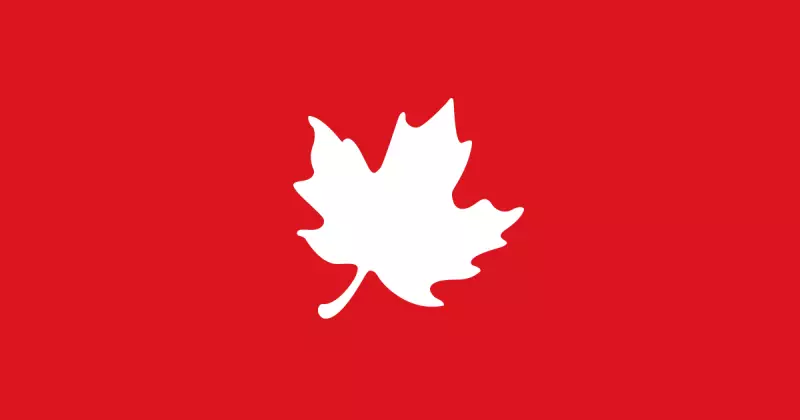
In an extraordinary display of parliamentary brinkmanship, Conservative MP Chris d'Entremont made Canadian political history by blocking the Liberal government from delivering its highly anticipated federal budget speech. The dramatic confrontation unfolded Tuesday in what observers are calling an unprecedented breach of parliamentary tradition.
Parliamentary Procedure Turns Political Weapon
The stunning development occurred when d'Entremont, serving as deputy speaker, refused to recognize Finance Minister Chrystia Freeland to present the 2024 federal budget. This marked the first time in Canada's parliamentary history that a government has been prevented from delivering its budget speech to the House of Commons.
The Conservative MP justified his controversial decision by citing the government's failure to provide the budget documents in both official languages simultaneously. Parliamentary rules require that documents be available in both English and French when presented to the House.
Immediate Fallout and Political Reactions
The move triggered immediate chaos in the chamber, with Liberal MPs expressing outrage at what they characterized as a politically motivated stunt. Government House leader Steven MacKinnon didn't mince words, calling the action "an affront to parliamentary democracy" and accusing the Conservatives of undermining fundamental democratic processes.
Conservative Leader Pierre Poilievre defended the maneuver, insisting the government must follow the same rules it expects opposition parties to obey. This parliamentary standoff represents the latest escalation in increasingly bitter partisan warfare between the governing Liberals and Official Opposition Conservatives.
What This Means for Canadians
The budget delay creates significant uncertainty for several key measures Canadians were expecting, including:
- New housing affordability initiatives
- Enhanced cost-of-living support programs
- Clean economy investment plans
- Tax measures affecting middle-class families
While the government eventually delivered the budget speech hours later after resolving the translation issues, the political damage was already done. The incident highlights the growing toxicity in Canadian politics and raises questions about whether traditional parliamentary norms can survive in today's hyper-partisan environment.
A New Precedent in Parliamentary Warfare
Political analysts are warning that this incident could establish a dangerous new precedent for future parliamentary operations. The use of procedural technicalities to block fundamental government business represents an escalation in opposition tactics that could have long-lasting implications for how Parliament functions.
The budget standoff comes at a critical time for the Liberal government, which is trailing significantly in polls and facing increasing pressure to address Canadians' economic concerns. This parliamentary drama threatens to overshadow the substantive policy measures contained in the budget itself.
As both sides dig in their heels, Canadians are left wondering whether their elected representatives can move beyond procedural gamesmanship to address the real challenges facing the country.





